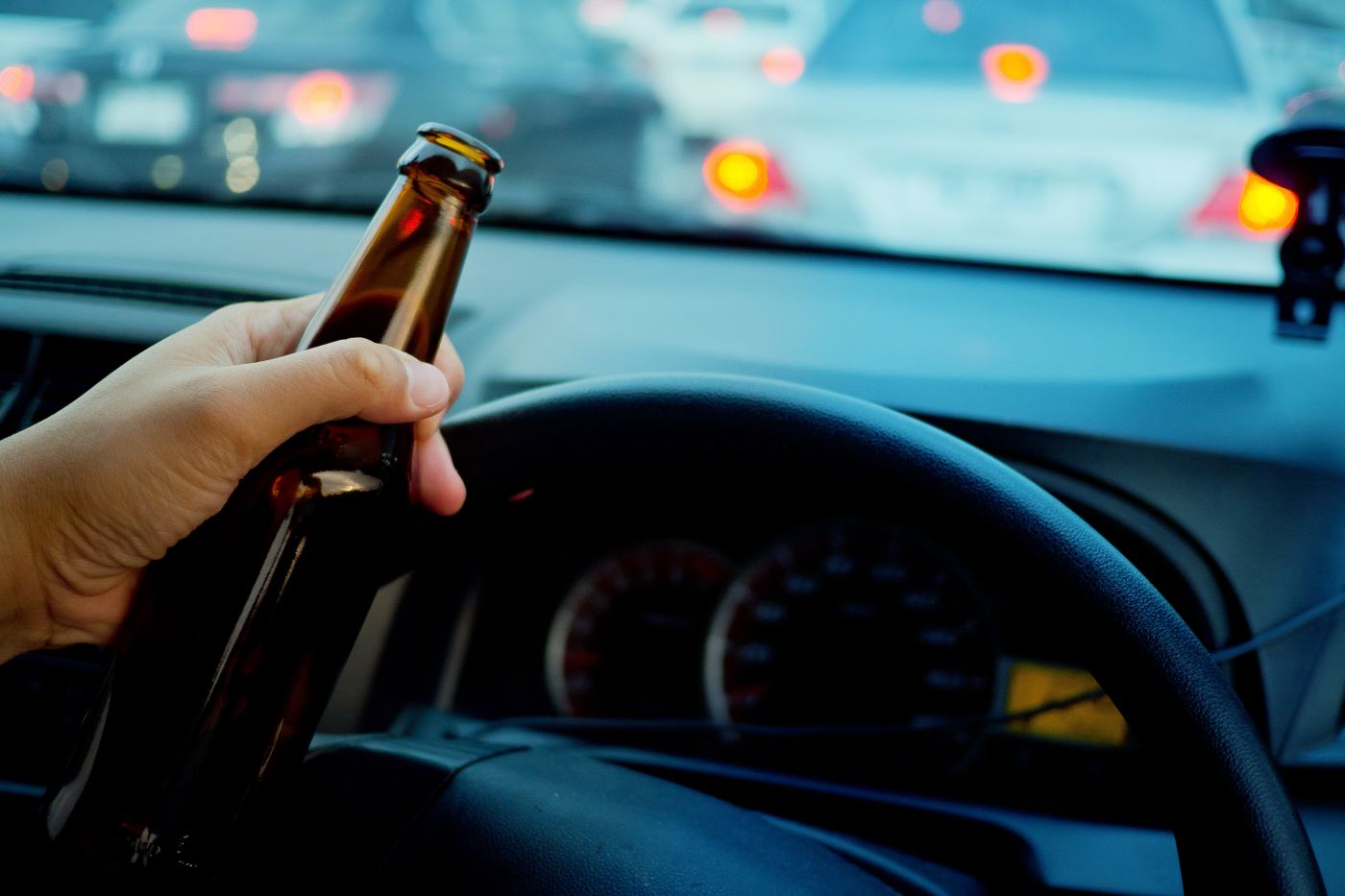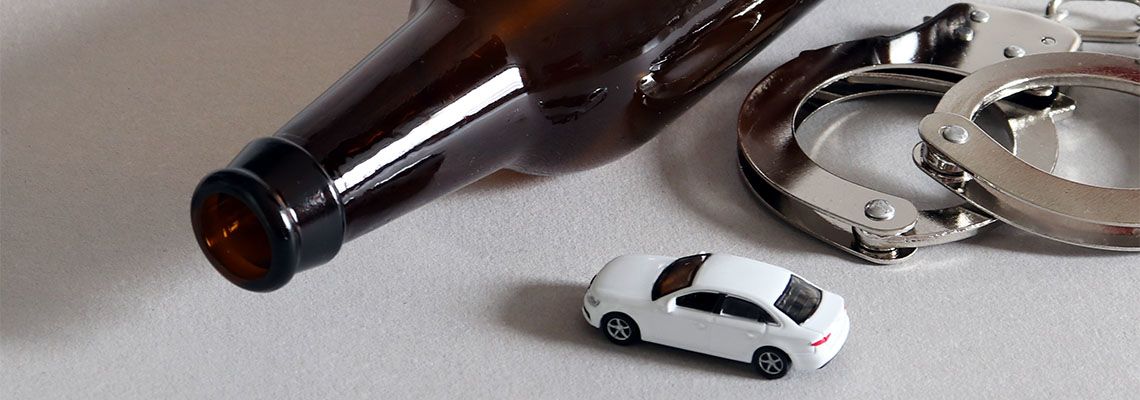
When someone is charged with a second DUI in Colorado, the legal process shifts dramatically. A first offense is serious, but a second shows a pattern that prosecutors and judges don’t take lightly.
At The Leier Law Office LLC, we’ve worked with many individuals who never expected to find themselves facing a second charge. Understanding what this means under Colorado DUI law—and what steps you can take to move forward—is crucial.
Second DUI offenses in Fort Collins, Colorado, bring tougher penalties, more restrictions, and a greater risk of long-term consequences. The state's DUI law is written to reflect that. The consequences go beyond a court date.
They reach into your work life, your driving privileges, your finances, and even your personal relationships. If you’re facing a second DUI, you’re likely feeling the weight of all of that already.
How Colorado DUI Law Treats Repeat Offenses
Under Colorado DUI law, a second offense carries mandatory penalties that can’t be brushed aside. Even if the first DUI happened years ago, the court still takes it into account. Unlike some states that operate on a strict five- or ten-year lookback period, Colorado doesn’t limit how far back a prior DUI can reach when counting offenses.
This means that whether your first DUI was five years ago or fifteen, it still counts toward the second offense. That historical view makes the stakes even higher.
DUI law in Colorado is structured to escalate penalties in a meaningful way for every subsequent charge. The court sees a second DUI as more than a mistake—it sees it as behavior that requires stronger correction.
Jail Time and Mandatory Sentencing
One of the biggest differences between a first and second DUI charge in Colorado is the requirement for jail time. Under Colorado DUI law, a second DUI comes with a mandatory minimum jail sentence. That’s not a theoretical penalty—it’s something judges are required to impose.
Some people believe that because they cooperated with police or had a good explanation, they could avoid jail altogether. Unfortunately, the law doesn’t allow that flexibility for a second DUI. Even if the court is sympathetic, it’s limited by statute. The minimum jail sentence is ten days, and it can go up to one year.
Probation is also required. In many cases, the probation period is longer than with a first offense. Judges often add conditions like substance use monitoring, random testing, and treatment programs. DUI law treats second offenses as a signal that the driver needs intervention, not just punishment.
Driver’s License Consequences
Second offenses also carry more severe consequences for your license. In Colorado, the DMV handles administrative penalties separately from the criminal court. A second DUI almost always results in a longer suspension or revocation period than a first offense.
Early reinstatement: Some drivers may qualify for early reinstatement, but only if they install an ignition interlock device and meet other strict conditions
Reinstatement hurdles: The process involves more than paperwork—it includes fees, higher insurance premiums, and proof of compliance with court and DMV rules
Many drivers are surprised to learn that reinstating a license after a second DUI is more complicated and costly than they expected.
Financial and Professional Fallout
It’s not just the courts and DMV that respond harshly to a second DUI. Insurance companies raise rates—or drop coverage altogether. Employers may see a second DUI as a red flag, especially if your job involves driving or security clearance.
Under Colorado DUI law, second offenses come with higher fines and court costs. Between legal fees, treatment, and reinstatement costs, the total financial impact can run into the thousands. We’ve represented people who were unprepared for how fast these expenses can add up.
Beyond that, many people face consequences at work. A DUI conviction—especially a second one—can lead to job loss or missed opportunities. It may show up on background checks and cause long-term issues. For some of our clients, the stress of potential job loss is even harder to deal with than the court case itself.
The Court’s Focus on Public Safety and Rehabilitation
One thing we always tell our clients is that a second DUI puts rehabilitation front and center. The courts don’t just want to punish—they want to reduce the chance of a third offense. Colorado DUI law is shaped around that idea.
That’s why courts often impose alcohol education classes, substance abuse evaluations, and therapy requirements. For many people, these programs are a wake-up call.
Others find them intrusive or unfair, but they’re required. We work to make sure our clients enter programs that actually help rather than waste time and money.
The court’s goal is to prevent another DUI. That means they’ll look closely at your willingness to follow through with treatment and monitoring. Compliance can impact your sentencing, your probation terms, and your ability to regain driving privileges.
DUI law leaves room for the court to shape these conditions based on how seriously it believes you’re taking the situation.
Defending Against a Second DUI Charge
Just because you’ve been charged doesn’t mean your case is over. A second DUI charge may be defensible, depending on the evidence. Colorado DUI law still requires the state to prove every element beyond a reasonable doubt.
We examine whether the traffic stop was lawful, whether testing procedures were followed, and whether your rights were respected. In some cases, breath or blood test results are flawed. In others, field sobriety tests were conducted improperly.
There’s also the question of timing and prior conviction validity. Sometimes the first DUI was out of state, or there may be questions about how it was recorded. DUI law is technical, and errors in recordkeeping or procedure can make a big difference.
Even if the facts seem clear, plea negotiations may be possible. Depending on your record and the circumstances of the stop, it may be possible to reduce jail time, secure alternative sentencing, or limit other penalties.
Long-Term Consequences and Regaining Stability
After the court dates are over and the sentence is handed down, many people assume that the hardest part of a second DUI is behind them. In some ways, that’s true—but the long-term impact of a second conviction under Colorado DUI law can continue to affect your life in subtle but significant ways.
Housing applications, loan approvals, and professional licensing renewals may all bring your DUI history back into the picture. That history can follow you far beyond the courtroom.
Addressing the legal issue is only part of the process. The rest involves restoring your credibility, rebuilding your daily life, and making choices that reduce the chance of another charge.
Colorado DUI law does allow you to demonstrate rehabilitation and responsibility, and over time, that effort makes a difference. Expungement isn’t available for DUI convictions in Colorado, but that doesn’t mean your record will forever define you.
Employers and others often look beyond the charge when you show a track record of personal progress and accountability.
If you’re committed to putting the experience behind you, there are real ways to do that. Counseling, consistent compliance with court orders, and careful management of driving privileges all send a strong message about who you are now.
A second DUI isn’t the end. With time, determination, and the right support, you can regain control of your future—and we’re here to help you every step of the way.
Moving Forward After a Second DUI
At The Leier Law Office LLC, we help our clients make sense of where they are and what comes next. We’re proud to serve Fort Collins, Colorado, and the surrounding areas of Loveland, Greeley, Windsor, and Evans. Call today to speak with an experienced DUI law attorney.



